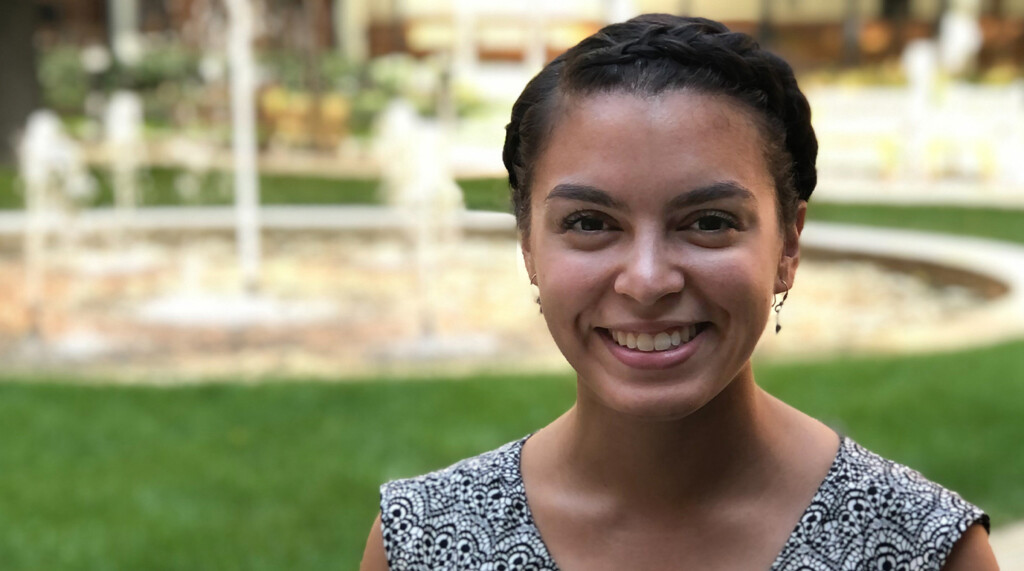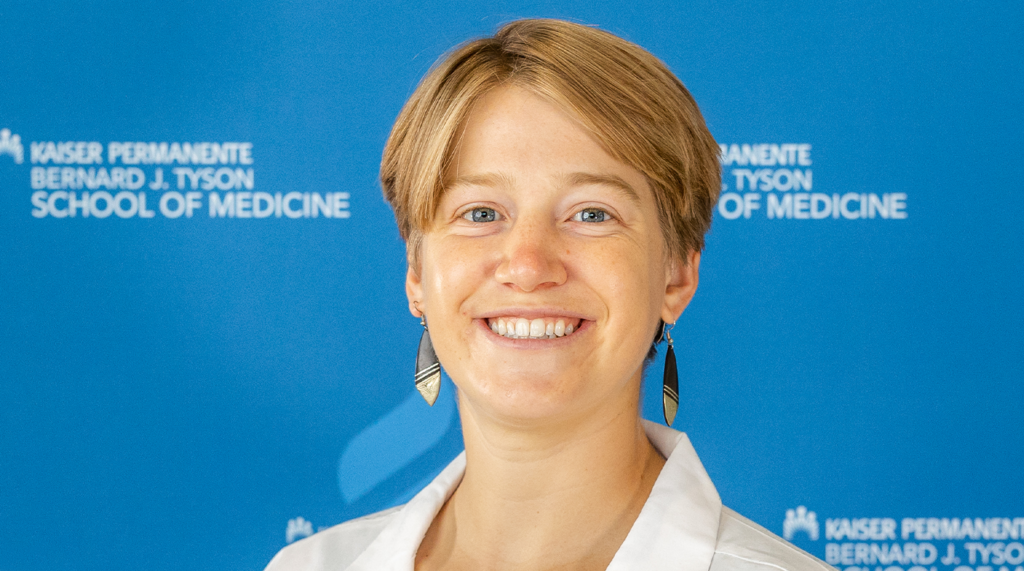Page 370 • (12,695 results in 0.124 seconds)
-

patients but also with themselves.” This business includes helping create a curriculum breaking down barriers for diversity, equity and inclusion between healthcare workers and their patients. “I think there’s a lot of history that hasn’t really been touched, unfortunately, and a lot of the biases that we are seeing in healthcare today kind of relate to that history,” she said, “… so I’m just hoping to be a mentor and teacher to new nurses so they can start their practice off on the right foot
-
253.535.8499 www.plu.edu/religion/ zbarasgm@plu.edu Michael Zbaraschuk, Ph.D., Chair Religion is an attempt to understand the meaning of human existence. Different religious and cultural communities express that meaning in many ways. Located within an ELCA-related university, the Department of Religion stands within a Lutheran Christian and global context. In a university setting this means the serious academic study of the Bible, of the history of the Christian tradition, of Christian theology
-

nations in my home state. So, I knew it would also be an opportunity to learn a lot more about these marginalized communities.” Chell worked as a health systems coordinator providing a variety of support to the program. “A few of my favorite projects were putting together a curriculum on how settler colonialism impacts social determinants of health,” she says. “We spoke with leaders in the community and pulled together academic articles that will be used for the fellowship, but also will hopefully
-

faculty of people who are involved in the making of music.” The curriculum is all made under Robbins’ organization. Every ten years the department goes through an accreditation process for the National Association of Schools of Music. Dave’s done four accreditation reviews: one in the eighties, nineties, two thousand and the current one for this decade. As chair, he completes a voluminous self-study, organizes a visit, and responds to visit concerns. “I had done three of those in the course of my time
-
, followed by custom questions added at the unit level (if any), and custom questions added by the instructor (if any). Students taking some courses that count toward General Education/Core Curriculum requirements may also see an additional question regarding learning outcomes. *If a student cannot locate their invitation email, they should search provost@plu.edu and/or EvaluationKIT in their email. Any log-in link emailed previously from EvaluationKIT (even from a previous semester) will take the
-
foreign institutions, or which received grades of C+ or lower are generally not transferable. Students may not receive credit for life experience or previous work experience nor have any practicum experience or courses waived on this basis. To request consideration of transfer credits, please submit a statement to the MSW Director that includes the courses you are requesting to transfer including grades earned, which courses in the PLU curriculum you would like to replace, and how you think the
-

years and a dedication to preparing you for real-life industry challenges. Master of Arts in Education (MAE)If you want to make an impact in the lives of the future generation, whether you have a background in education or not, consider the Master of Arts in Education at PLU. We have a one-year graduate program designed to prepare you to make an impact in the classroom as soon as possible.Your career options with one of our degrees include: School Administration Curriculum Development Teacher
-
only endorsing and signing off on well qualified folks.” – Garrett Wade “I really felt that was the best fit,” he said. Hibbs said ARC gives access to individuals who otherwise might not have the chance to earn a certification: “This is providing a way to increase diversity and provide a pipeline of people who aren’t on the traditional route.” According to a survey conducted by the state Office of Superintendent of Public Instruction in 2015, 45 percent of principals say they weren’t able to fill
-
referred to open lab for hands-on dosage calculations practice as appropriate. Students will then be provided a second attempt to pass this exam. This process will be repeated up to a maximum of four total attempts. Students must pass the dosage calculation exam demonstrating safety within the Junior I semester or repeat N305. All core nursing curriculum courses will include a minimum of three course exams – two content specific examinations and a comprehensive final examination. At least one course
-
program was the perfect marriage of all her interests. Growing up, her mother — who is half Norwegian and half Swedish — shared a lot of Norwegian traditions with her. She wanted to study in Norway to reconnect with those roots, and her biology-environmental studies double major lined up well with the curriculum. “It just worked out so well with everything,” she said of the program. The cherry on top was the small town with lots of outdoor recreation opportunities. “You can walk around in a half hour
Do you have any feedback for us? If so, feel free to use our Feedback Form.


